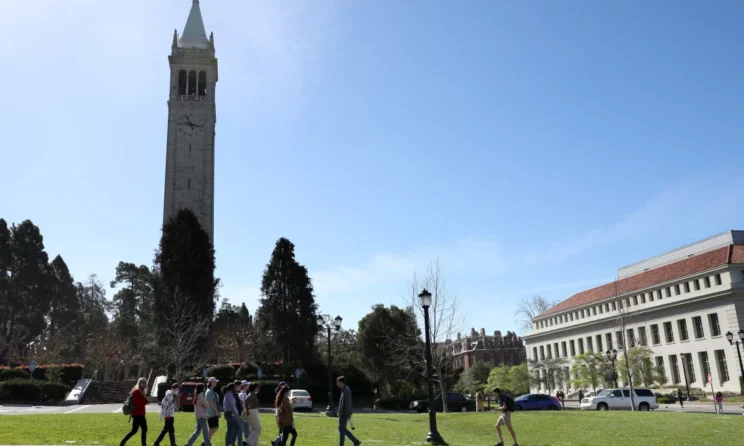
Record International Student Enrollment in U.S. Faces Uncertainty Under Trump Administration
The United States hosted a record-breaking number of international students during the 2023-24 academic year, marking a full recovery from the pandemic-driven decline. However, the incoming Trump administration has reignited concerns about potential policy shifts that could impact international students and their futures in the U.S.
Historic Growth in International Student Enrollment
According to the Institute of International Education (IIE), over 1.1 million international students attended U.S. colleges and universities last year, a record high driven by increases in graduate student enrollment and participation in the Optional Practical Training (OPT) program. While undergraduate numbers remained stable, graduate enrollment grew by 8%, and OPT participation surged by 22%, underscoring the appeal of U.S. institutions for advanced education and work opportunities.
The economic impact of international students was significant, contributing $44 billion to the U.S. economy and supporting 378,000 jobs, according to NAFSA: Association of International Educators.
Shifts in Student Demographics
For the first time since 2009, Indian students outnumbered their Chinese counterparts, with over 331,000 Indian students enrolled. The rise in Indian students was fueled by a growing interest in graduate programs. Meanwhile, the number of Chinese students has declined since the pandemic, although China remains the leading source of undergraduate students, with 87,000 enrolled.
California, New York, and Texas remained the top destinations for international students, while Missouri, Michigan, and Illinois saw the highest growth rates. STEM fields continued to dominate, drawing more than half of all international students.
Uncertainty Under the Trump Administration
Despite this growth, international students and universities are bracing for potential challenges under President-elect Donald Trump. During his first term, Trump implemented policies that disrupted international student enrollment, including a travel ban targeting several majority-Muslim countries and heightened visa restrictions for Chinese students. His administration also temporarily barred international students from remaining in the U.S. if their coursework was fully online, a policy that was quickly reversed after widespread backlash.
Some universities, including the University of Massachusetts Amherst, Wesleyan University, and MIT, have advised international students traveling abroad during winter break to return before Trump’s inauguration on January 20 to avoid possible complications.
Student Concerns and Hopes
International students, like South Korean senior Yewon You and Malaysian senior Rachel Syuen at Berklee College of Music, are grappling with uncertainty about their futures. You dreams of working in Hollywood as a film score producer but is worried about navigating visa policies that often fluctuate with changing administrations. Syuen, inspired by Trump’s campaign promise to grant green cards to international graduates, remains skeptical about the feasibility of such plans given the lack of details.
Both students are taking proactive steps to remain competitive in their fields, recognizing the challenges of securing post-graduation opportunities in the U.S.
A Pivotal Moment for International Education
As the Trump administration prepares to take office, the future of international student policies remains unclear. While there is bipartisan recognition of the cultural and economic contributions of international students, past policy decisions under Trump have raised concerns about the stability and inclusivity of the U.S. as a destination for global talent.
For students and institutions alike, the coming months will be critical in shaping the trajectory of international education in the United States.

